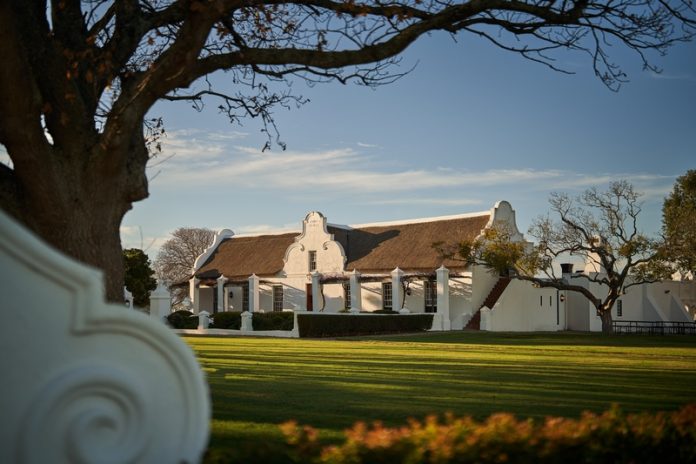
As we celebrate Heritage Month, there is no better time to explore the rich history of South Africa’s agricultural treasures. One such gem is Vergenoegd Löw, a historic Stellenbosch farm originally established in 1696. With more than 300 years of farming tradition and architectural preservation, Vergenoegd Löw offers a unique glimpse into the agricultural and cultural evolution of the Cape.
A Legacy Rooted in the Dutch East India Company
Vergenoegd’s story begins in the late 17th century when the Dutch East India Company (DEIC) established a refreshment station at the Cape of Good Hope to supply its trading ships with food and provisions. In 1696, the company granted land to Pieter de Vos, an early settler, marking the official founding of the farm. De Vos named the farm “Vergenoegd,” meaning “contented,” a fitting reflection of the land’s fertility and promise.
This marked the beginning of a long and prosperous farming tradition at Vergenoegd, with vineyards being established early on. By the mid-1700s, the farm became a significant wine producer under the stewardship of Ferdinand Appel, De Vos’s successor. With 25,000 vines planted, the farm quickly gained prominence in the burgeoning Cape wine industry.
It was during this time that Vergenoegd became intertwined with the iconic Constantia wine region. According to wine historian Joanne Gibson, there is strong evidence that grapes from Vergenoegd were supplied to Constantia producers, who used them to create the famous sweet wines that gained international acclaim. This intriguing connection underscores the farm’s vital role in shaping the early history of Cape winemaking.
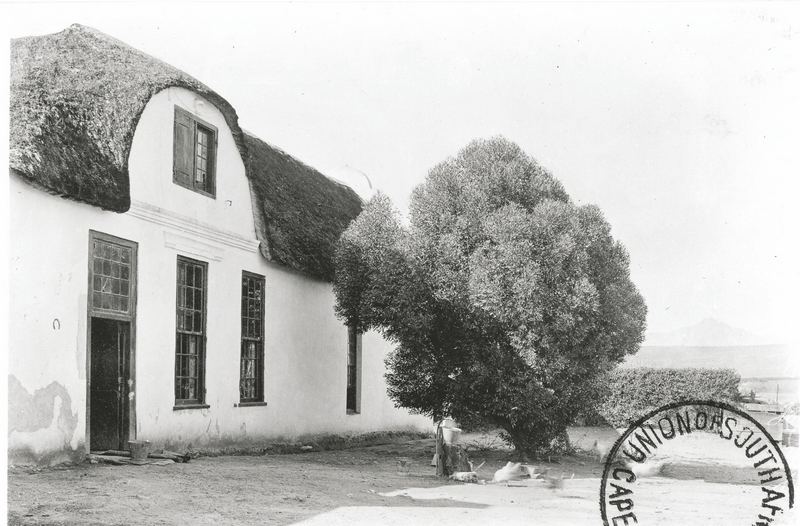

Architectural Herita ge: Preserving the Past
Vergenoegd’s architectural legacy is equally significant. The farm is home to one of the finest examples of 18th-century Cape Dutch architecture, with its iconic gables, whitewashed walls, and thatched roofs. The main homestead, built in 1773, remains a focal point of the estate, offering visitors a glimpse into the colonial past of the Cape.
In 1782, the farm was sold to Johan Georg Lochner, who hosted the artist Jan Brandes between 1786 and 1787. Brandes’s drawings of the farm provide invaluable historical records of Vergenoegd’s buildings, landscapes, and farming activities during the 18th century. These drawings later became critical resources for the restoration of the estate’s historic buildings and gardens.
Much of the Vergenoegd farm complex was declared a National Heritage site in 1974, cementing its status as one of South Africa’s most significant cultural landmarks. The careful restoration of the estate’s architecture has preserved the farm’s historical integrity, allowing visitors to experience a piece of Cape history.
Generational Custodianship: The Faure Family Legacy
In 1820, the Faure family took ownership of Vergenoegd, and for nearly two centuries, six generations of the family farmed the land. The Faures played a crucial role in developing the farm’s reputation for fine wines, particularly its renowned Cabernet Sauvignon. Fifth-generation owner Jac Faure’s success in the wine industry was marked by his repeated wins of the General Smuts Trophy for winemaking, beginning in 1972.
John Faure, the sixth-generation owner, continued to innovate, introducing Indian Runner ducks to the farm as part of an integrated pest management system. This sustainable approach to farming, which naturally controls pests and fertilizes the land, has become one of the farm’s most beloved traditions, attracting visitors from far and wide to witness the daily duck parade.
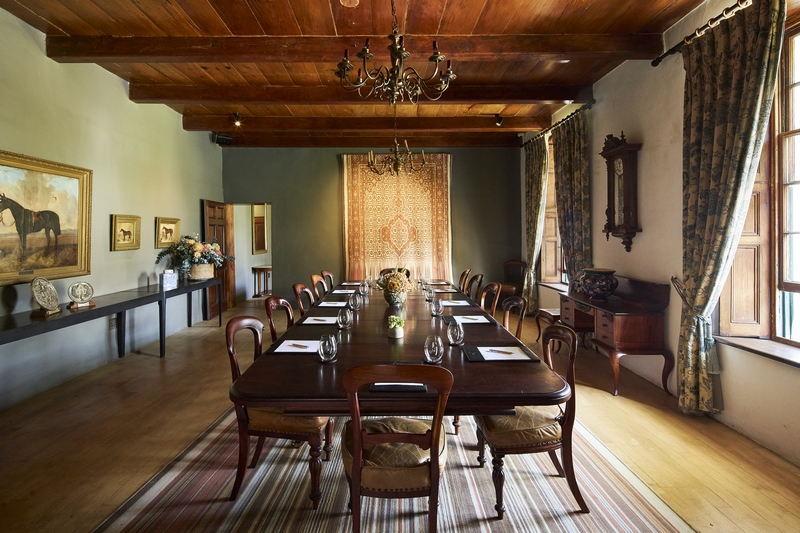
The Faure family also laid the foundation for conservation efforts on the farm, which have been expanded under the current ownership.
The Transformation to Vergenoegd Löw under Prof. Dr. Peter Löw
In 2015, the farm entered a new chapter when Prof. Dr. Peter Löw, a noted German historian and heritage specialist, acquired the estate. With his acquisition, the farm’s name changed from simply “Vergenoegd” to Vergenoegd Löw, symbolizing both the continuation of its deep-rooted heritage and its evolution under new ownership.
“We strive to honour the traditions of the past while ensuring that Vergenoegd Löw remains a world-class destination for future generations,” says Corius Visser, the estate’s managing director. “Our commitment to conservation and sustainability is rooted in the deep respect we have for this land and its history.”
One of the key initiatives undertaken by Prof. Löw has been the rehabilitation of the farm’s wetlands, a project that has earned the estate WWF Conservation Champion status. The restoration of the indigenous gardens and the integration of art, such as the bronze sculptures by South African artist Dylan Lewis, further emphasize Vergenoegd Löw’s commitment to blending heritage with contemporary values.
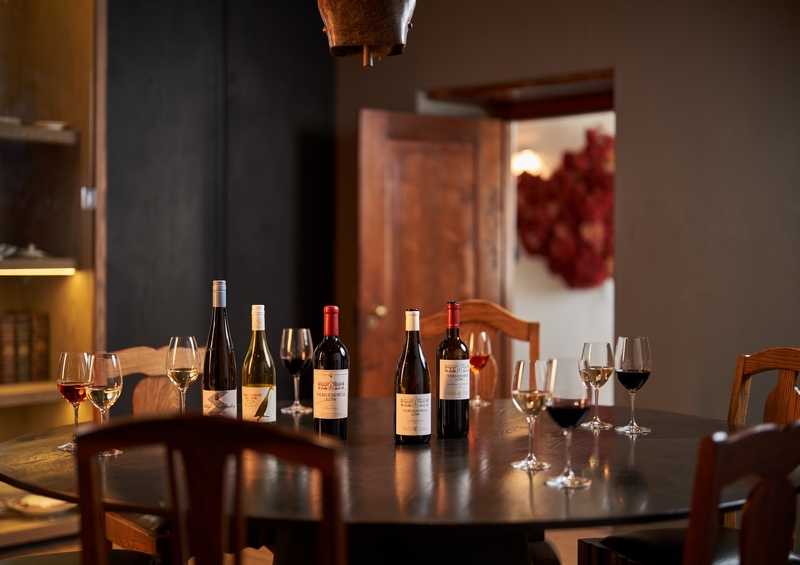
A Living Heritage Experience
Today, Vergenoegd Löw offers visitors a chance to immerse themselves in its rich heritage through interactive experiences. The estate’s complimentary Heritage Tour takes guests on a journey through time, exploring the architectural marvels, historic vineyards, and conservation efforts that define the farm. From the beautifully restored homestead to the famous Indian Runner ducks, every aspect of the farm reflects its deep connection to the land and its history.
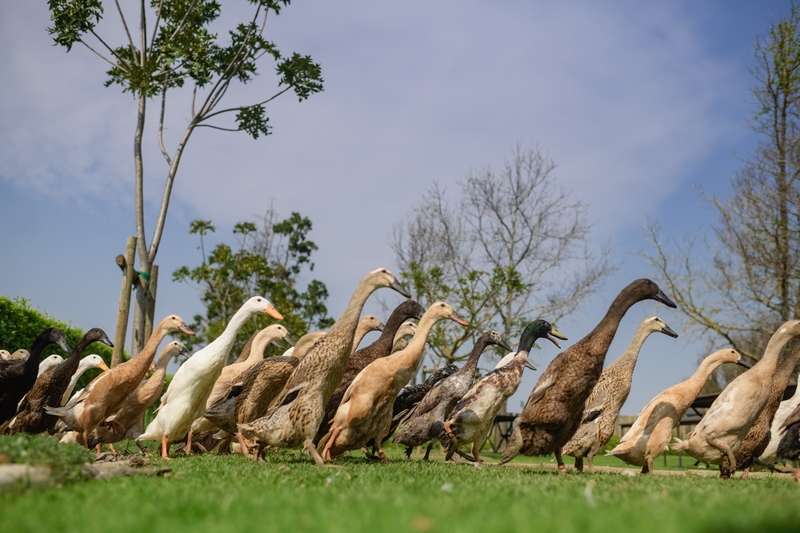
During Heritage Month, visitors can also indulge in a unique culinary experience that celebrates Cape heritage. With special menus curated by renowned chefs, the food offerings highlight traditional dishes with a modern twist, showcasing the rich cultural influences of the region. Along with wine tastings, the estate also offers walking and cycling trails, expansive indigenous gardens, and a luxurious boutique hotel and spa, making Vergenoegd Löw a comprehensive heritage destination.
This Heritage Month, Vergenoegd Löw invites you to celebrate the past while looking towards a sustainable future. The farm’s legacy, rooted in over 300 years of agricultural innovation, continues to thrive, offering a true state of contentment for all who visit.
Vergenoegd Löw is more than just a farm – it is a living testament to South Africa’s agricultural and cultural heritage.

